RHI: 'Panel must decide on Foster role'
- Published
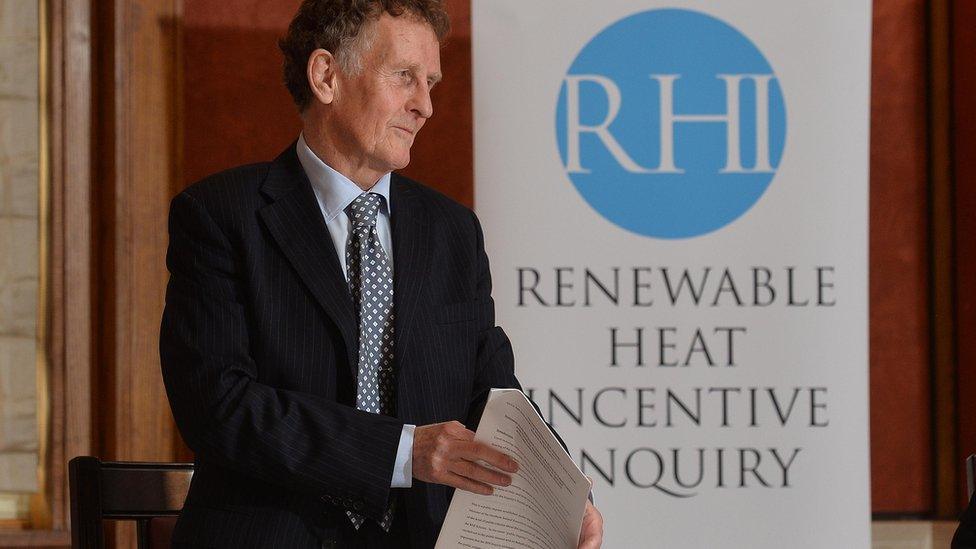
The RHI public inquiry is being chaired by Sir Patrick Coghlin and heard 111 days of oral evidence
A lawyer for Arlene Foster has said it will be for the RHI inquiry to determine the impact of a "lack of ministerial input" on key issues.
Mrs Foster was the minister in charge of the enterprise department during the conception, establishment and running of the ill-fated scheme.
The inquiry into the renewable heating debacle is due to hold three days of closing hearings this week.
The legal submission is one of 16 published on Monday by the inquiry.
The Renewable Heat Incentive (RHI) scheme was set up in 2012 to boost uptake of eco-friendly heat systems but huge subsidies led to a potential bill of £490m for Northern Ireland taxpayers.
In a final written submission, Mrs Foster's barrister, Julie Ellison, said the inquiry team would have to determine whether, given that certain issues were not raised with her, Mrs Foster "was in a position to have done anything differently" to avoid the disastrous outcome which threatened the public purse with a £490m overspend.
Mrs Foster's case to the inquiry has been that many things were not brought to her, nor was she asked for a decision on them by civil servants.
The inquiry will sit for the final time on Wednesday, Thursday and Friday this week to hear closing arguments before the three-member panel retires to consider its findings.
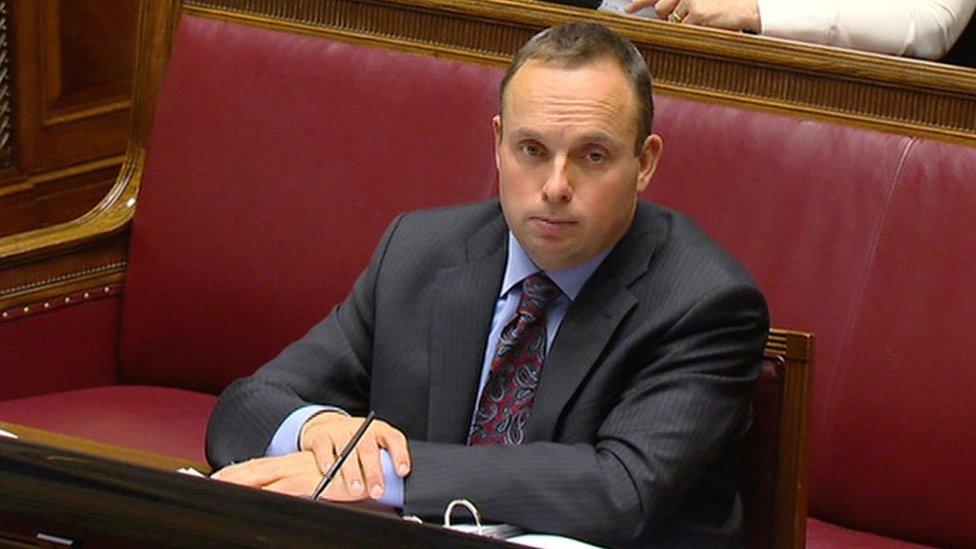
Ex-DUP special adviser Andrew Crawford faced days of questioning at the RHI inquiry
Mrs Foster's special adviser, Andrew Crawford, whom the inquiry heard was allegedly at the heart of DUP attempts to frustrate the introduction of cost controls, has again denied that he had any such role.
He said he accepts and apologises for other things he did including sending confidential government documents to family members who were actual, or potential beneficiaries of the scheme.
The former DUP minister Jonathan Bell, whose allegations in a BBC interview that there had been party pressure to delay the cost controls, said he had spoken to the media to protect the public finances and to ensure a public inquiry.
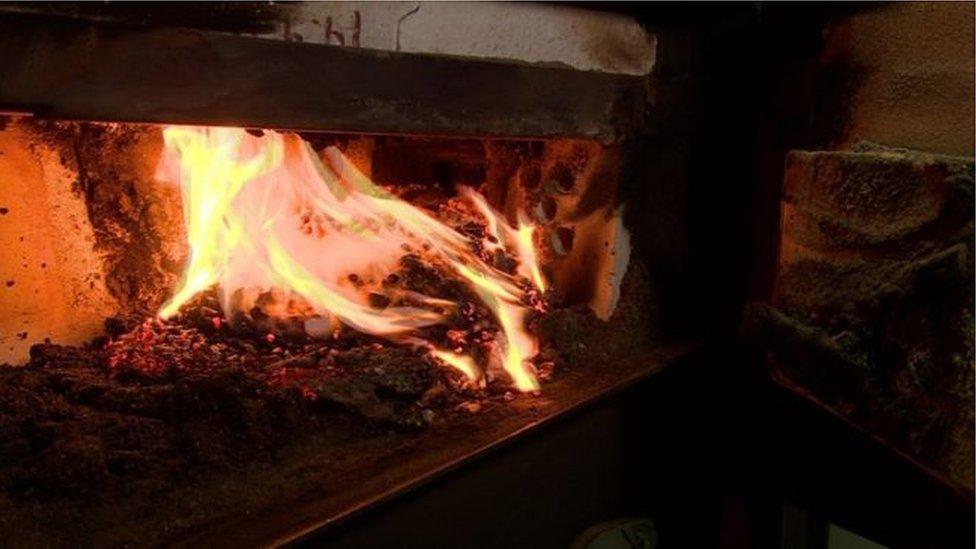
The RHI scheme was established to encourage uptake of eco-friendly heat systems over the use of fossil fuels
He said he had paid a heavy price for that decision and that he had been "disparaged and demonised" for the interview which had cost him his career.
The former DUP special adviser, Timothy Cairns, who asked for and secured a one-month delay in the introduction of cost controls facilitating a huge spike in applications in Autumn 2015, said it was done without knowledge of financial problems in the scheme.
He again repeated the suggestion that the current DUP chief executive Timothy Johnston told him to liaise with Andrew Crawford on the future of RHI.
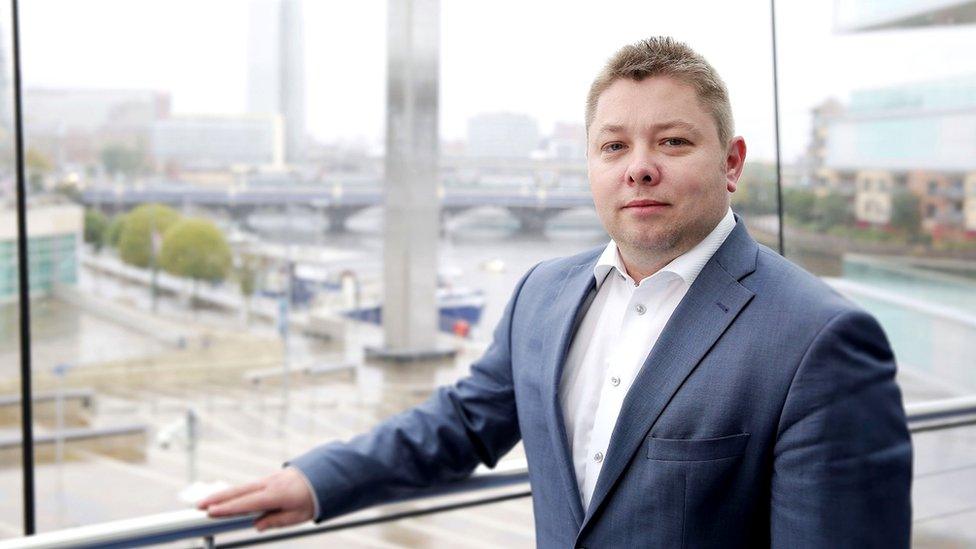
Timothy Johnston is a former adviser to three first ministers - Ian Paisley, Peter Robinson and Arlene Foster
Mr Johnston said in his submission that he had no reason to suggest the cost controls be pushed back and did not insist they be kept out of the scheme.
The team of civil servants in the enterprise department who looked after RHI until its collapse said the scheme had been a "catastrophe" and the inquiry had "laid bare very many individual and institutional failings."
"Hardly anyone emerges with credit," they said.
They pointed out that they were hard-working civil servants whose errors were due "in large measure" to a lack of training, resource and direction.
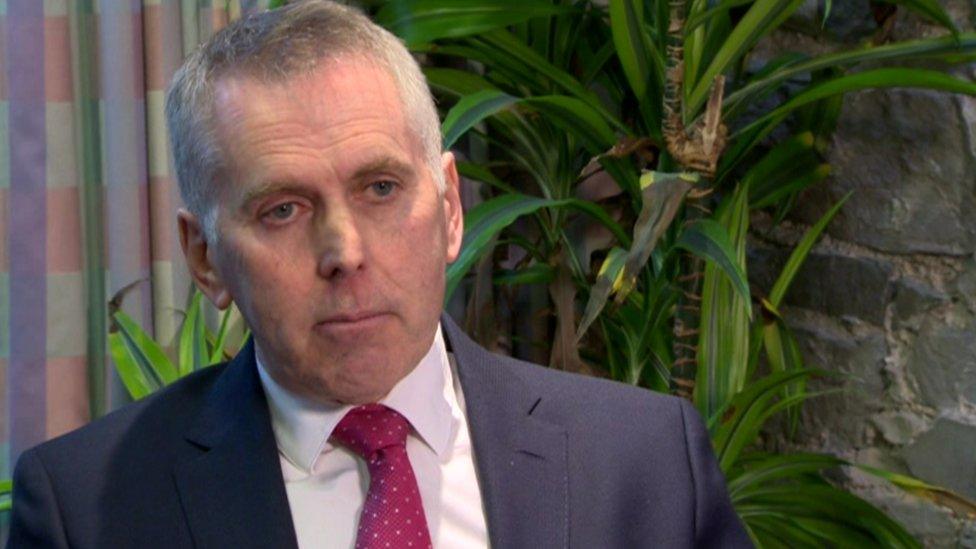
David Sterling has been head of the Northern Ireland civil service since summer 2017
The interim head of the Northern Ireland Civil Service, David Sterling, said there were many challenges ahead for officials which must be faced "honestly and urgently".
The RHI inquiry's panel, chaired by Sir Patrick Coghlin, is likely to publish its report at some stage in 2019.
- Published26 October 2018
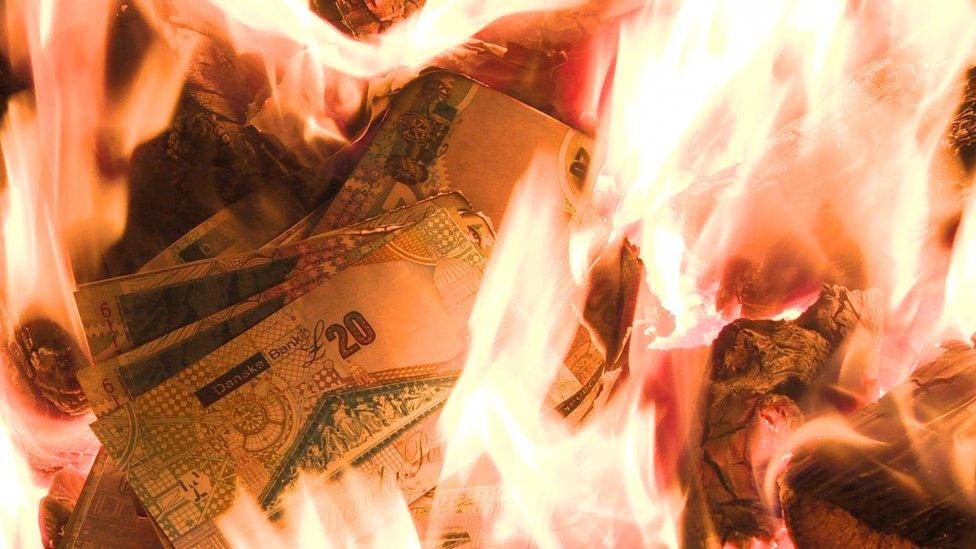
- Published24 October 2018
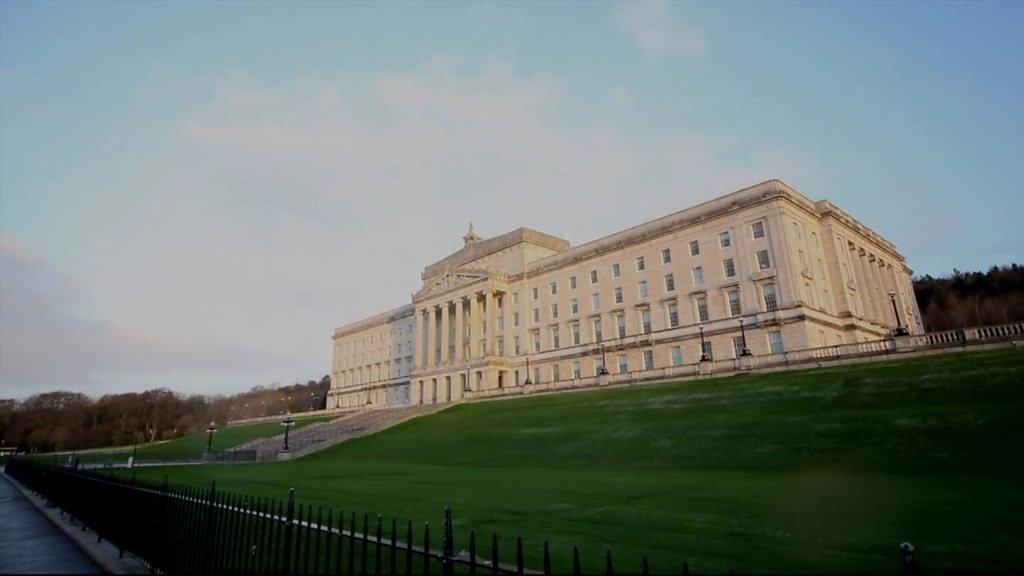
- Published23 October 2018
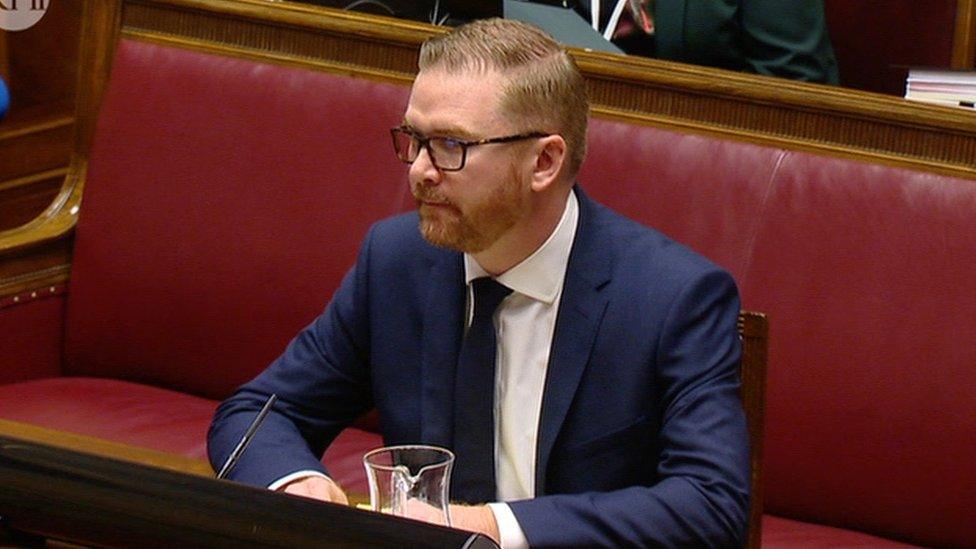
- Published10 October 2018
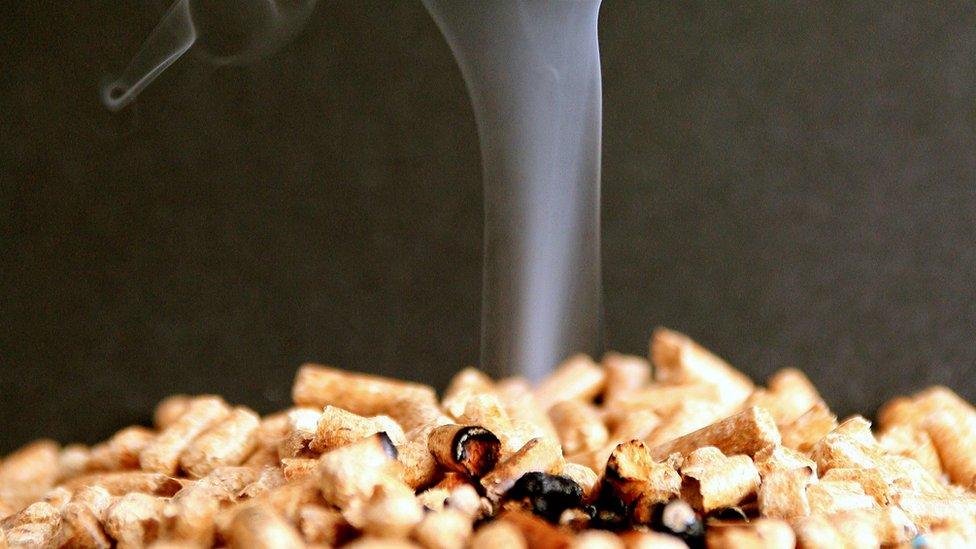
- Published5 October 2018
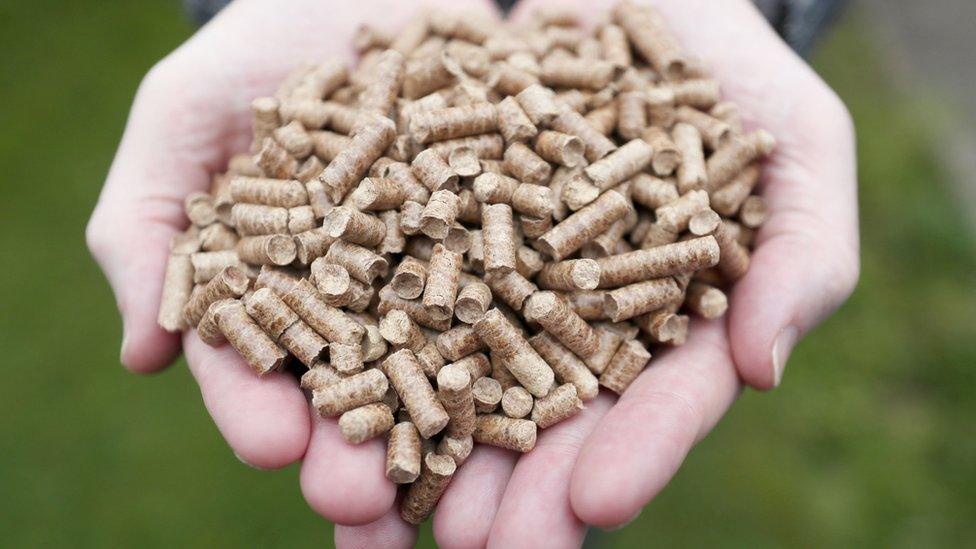
- Published5 September 2018
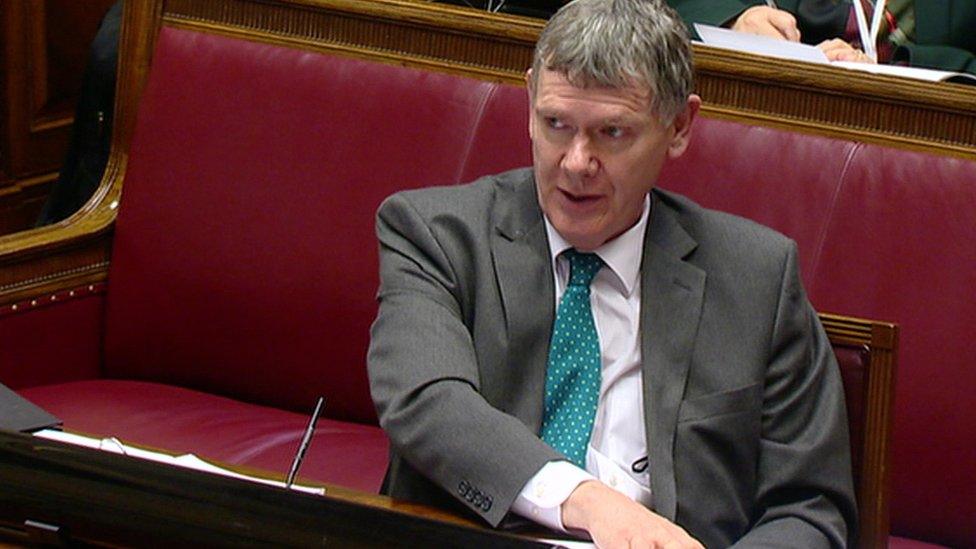
- Published4 September 2018

- Published23 October 2019

- Published7 November 2017
